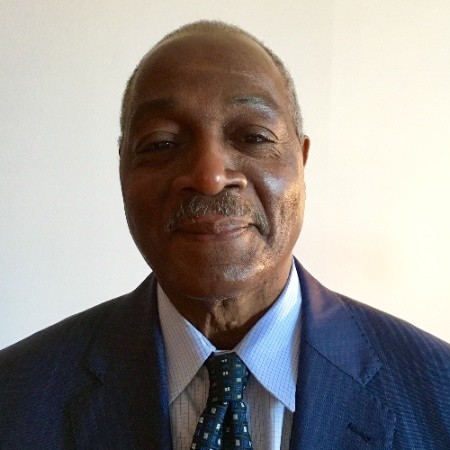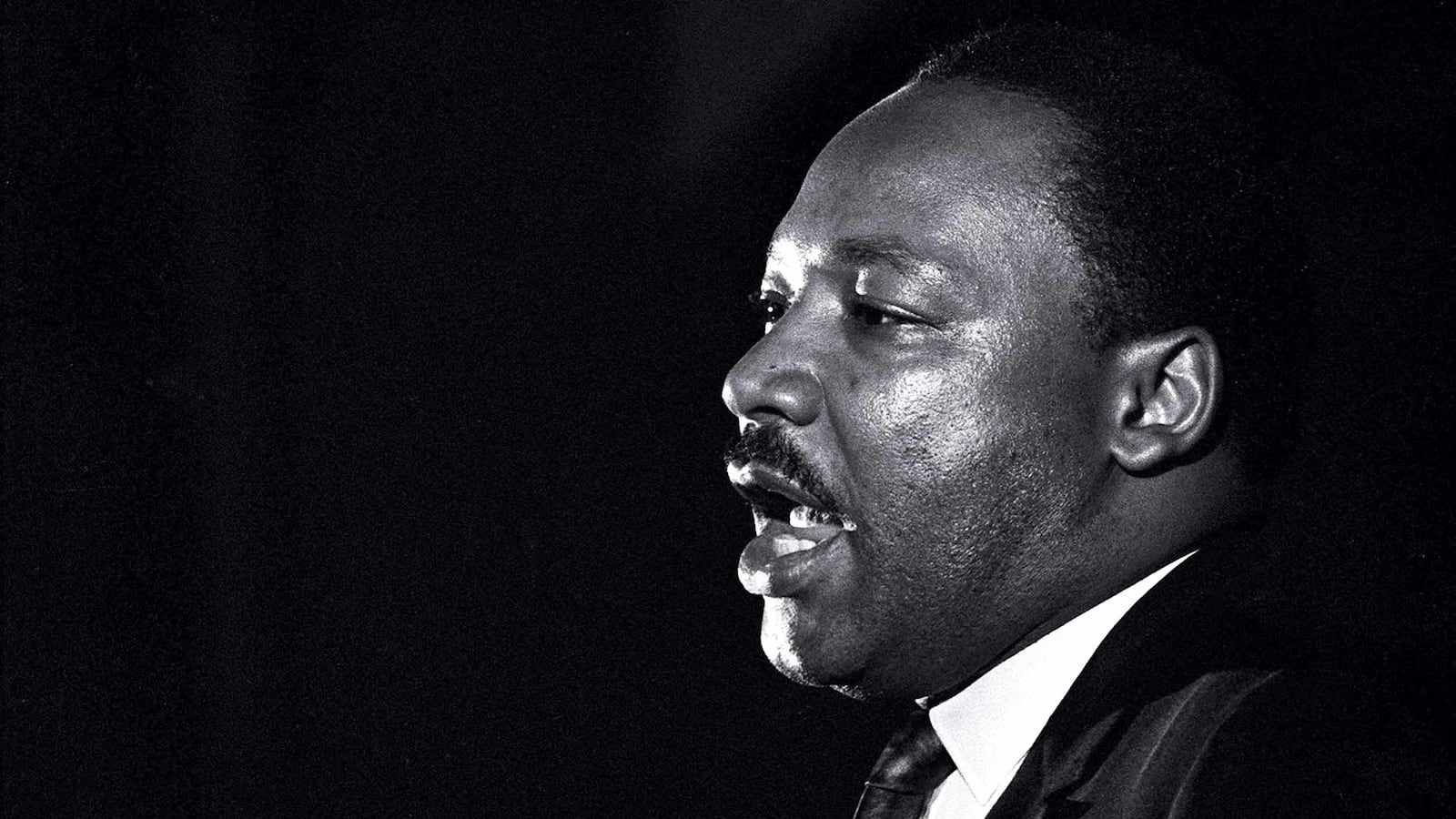On the evening of April 3, 1968, Dr. Martin Luther King Jr. delivered an impassioned call to action to a people and a nation he loved. He was widely recognized at that time as the undisputed champion of the poor and the leading voice of America’s civil-rights movement. There may have been others equal to his commitment, vision, and courage, but none, I daresay to this day, as gifted at wielding the power of the word to inspire.
That evening at the Mason Temple in Memphis, Tennessee, headquarters of the Church of God in Christ, a rapt audience of some 3,000 local and national civil rights foot soldiers were roused by one of Dr. King’s most eloquent and inspirational sermons. The speech could be called a sermon, not only because of its several biblical references delivered from the pulpit of a church, but also because it displayed Dr. King’s Baptist preacher storytelling talents. His judicious use of parable and poetry ignited numerous outbursts of shouting and amens during his talk. He delivered the speech on the eve of an escalation of a civil disobedience campaign demanding a living wage and fair treatment for Memphis’ black sanitation workers. It turned out to also be the eve of Dr. King’s assassination.
I have been asked to provide a speechwriter’s point of view as to the substance and structure of this speech—a daunting assignment, by any measure. Rather than analyze the speech line by line, I want to share my thoughts on several familiar and less familiar quotes that headlined Dr. King’s major themes. Many of those themes are still resonant today.
Let’s begin at the end.
Purpose
The speech is commonly referred to as King’s Mountaintop speech, because of its final stanza, delivered in a crescendo of black Baptist preacher passion:
I just want to do God’s will. And he’s allowed me to go up to the mountain. And I’ve looked over. And I’ve seen the promised land. I may not get there with you. But I want you to know tonight that we as a people will get to the promised land…
The crowd leapt to its feet. Days before, the campaign had suffered a major setback. Violence had broken out at an earlier march. A 16-year-old had been shot dead by police. Memphis Mayor Henry Loeb had called for martial law and ordered an injunction against future marches. But Dr. King’s voice and words that night assured that both the local and national struggle for justice and equality would be won. The next day the injunction was lifted.
Unity
Something is happening in our world. The masses of people are rising up. And wherever they are assembled today, whether they are in Johannesburg, South Africa; Nairobi, Kenya; Accra, Ghana; New York City; Atlanta, Georgia; Jackson, Mississippi; or Memphis, Tennessee—the cry is always the same—We want to be free… We’ve got to stay together and maintain unity.
By 1968, in addition to significant mainstream backlash, the civil rights movement was fracturing from within. The Black Power movement was in full stride and a growing number of young people were embracing its call for a more militant stance against racism. Dr. King was keenly aware of this wave. While he remained committed to the course of nonviolence, he understood the added pride and power of connecting the suffering of oppressed people everywhere with the struggle in America.
Nonviolence
It is no longer a choice between violence and nonviolence in this world; it’s nonviolence or nonexistence.
Nonviolence or nonexistence is the direst of choices in the nuclear age. It is a question the world continues to struggle with to this day. That night in Memphis, Dr. King urged his audience to keep the focus on the issue at hand—injustice. He saw violence as a distraction that would throw them off course. Ever since his emergence in 1955 as the champion of the Montgomery Bus Boycott, Dr. King had shown, like Gandhi before him, that nonviolent action is the most powerful weapon of change.
Strategy
And we’ve come by here to ask you to make the first item on your agenda—fair treatment, where God’s children are concerned. Now if you’re not prepared to do that, we do have an agenda that we must follow. And our agenda calls for withdrawing economic support from you.
One of the most unfortunate misconceptions of Dr. King is that he was merely a dreamer. Some have mistaken his eloquence as the end of the story. Martin Luther King Jr. was a master strategist. And he surrounded himself with a powerful brain-trust of advisers and friends—many of whom were with him in Memphis that night: Ralph Abernathy, Andy Young, James Lawson, Jesse Jackson, Clarence Jones, John Lewis. Nonviolence to Dr. King and his advisers was not just a philosophy, it was a strategy. Dr. King urged a boycott of several local and national brand names, and he named names. He encouraged his audience to put their money in black banks and to use their economic power to force change.
Determination
There is a certain kind of fire that no water can put out.
Fifty years after Dr. King’s assassination, the fires of justice and freedom that have always lit our way in America are burning brighter than ever. The spirit of Dr. King is alive in the unquenchable determination of young and working people, currently demanding justice around guns, and teacher salaries, the end of racism, the treatment of women, and the mistreatment of anyone who doesn’t look or act or believe like we do.
Hope
Only when it is dark enough can you see the stars.
As dire as things might appear in this current age of polarization and uncertainty, Dr. King reminds us in the Mountaintop speech that there is always light. As he left the stage that night and left this earth the next day, he left behind a world of hope.





